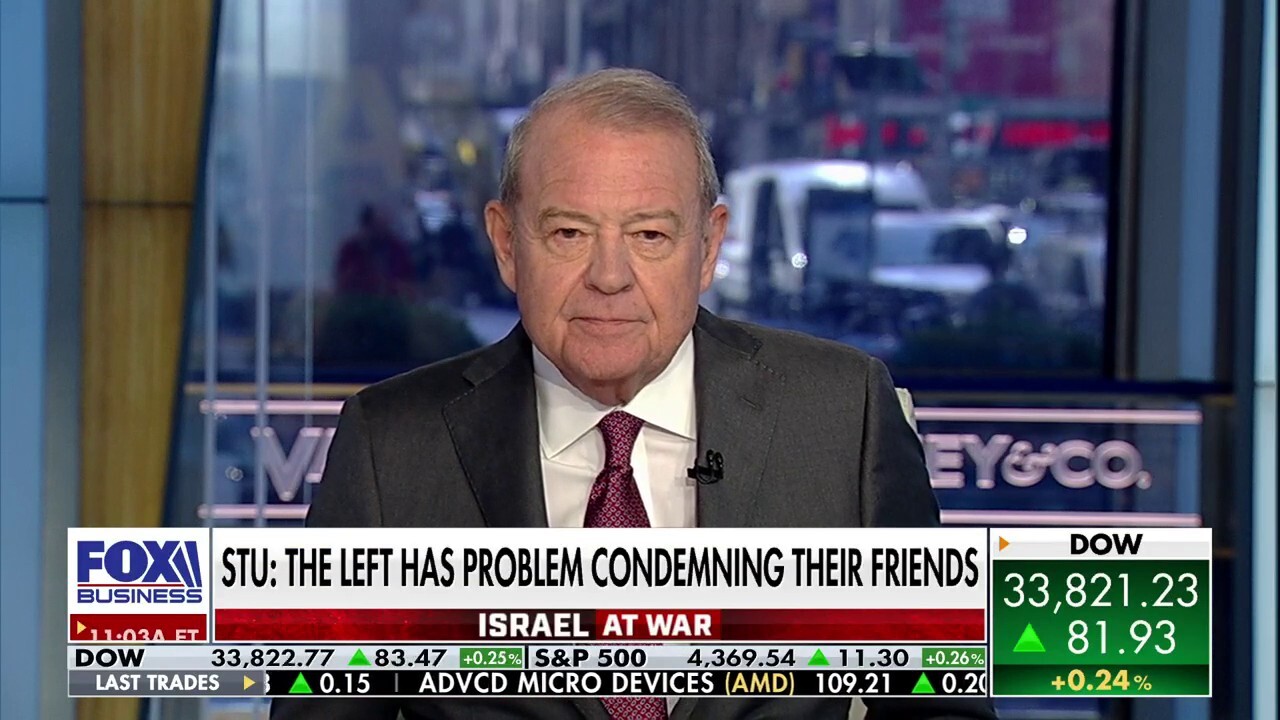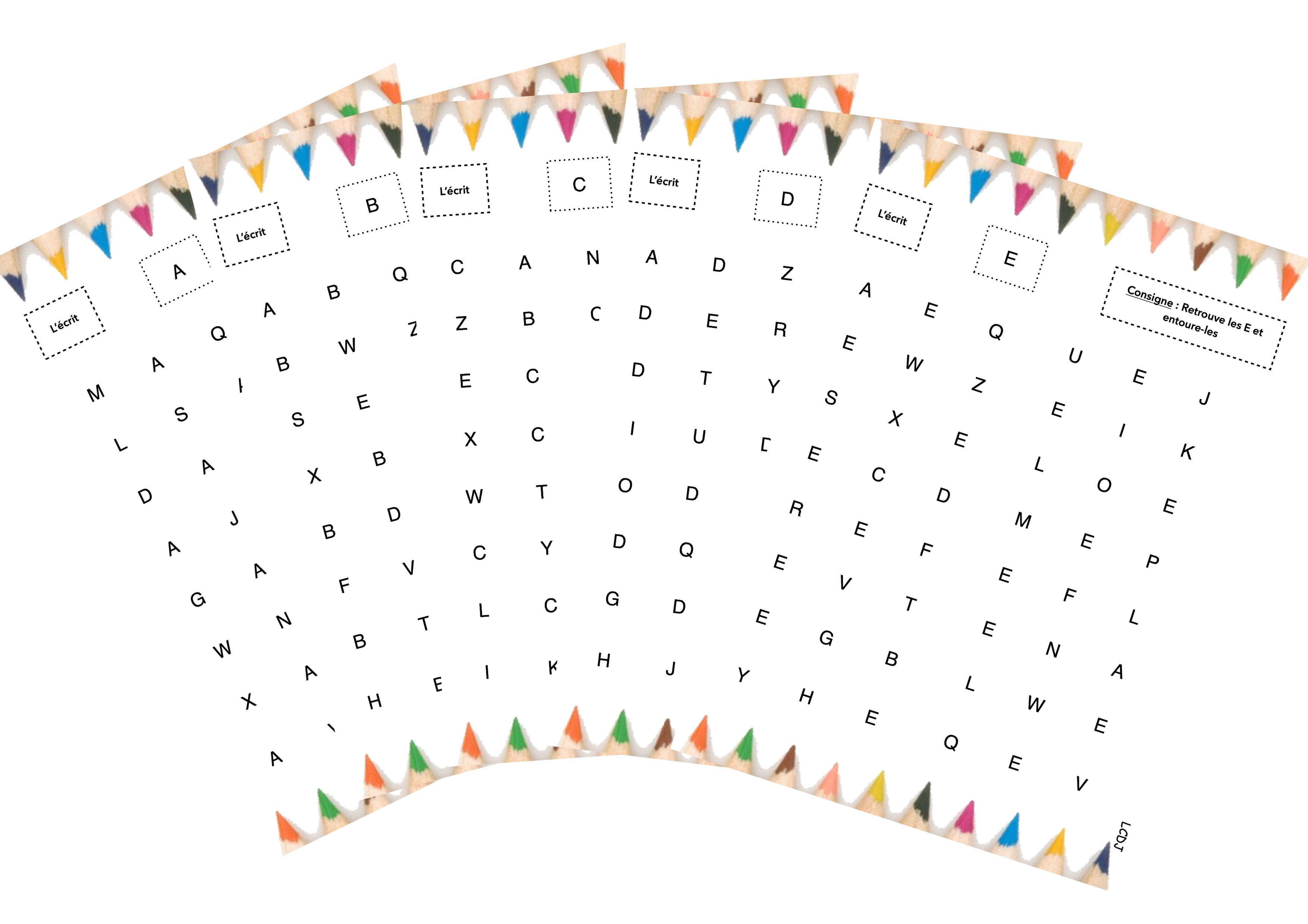French Far-Left Seizes On Killing To Condemn Islamophobia

Table of Contents
The Far-Left's Narrative and its Political Implications
The far-left in France has swiftly framed the recent killing as a direct consequence of rampant Islamophobia in France. They argue that a climate of prejudice and discrimination, fueled by certain political figures and media outlets, created an environment conducive to such violence. This narrative serves several political purposes.
-
Examples of statements made by far-left politicians and activists: Several prominent figures have linked the event directly to anti-Muslim sentiment, citing rising instances of hate speech and discrimination as evidence. Statements often emphasize a systemic problem of Islamophobia in French society.
-
Analysis of their rhetoric and its intended impact: This rhetoric aims to galvanize support for their political agenda, which often includes calls for stricter anti-discrimination laws, increased funding for initiatives combating prejudice, and a reassessment of national integration policies.
-
Discussion of the political gains or losses potentially associated with this strategy: While this approach might resonate with some segments of the population, it could also alienate others who view it as an attempt to exploit a tragedy for political gain. The risk of being perceived as insensitive to the victim's family and minimizing the complexities of the crime is significant.
This narrative has the potential to significantly influence public opinion, especially ahead of upcoming elections. The framing of the event as a direct result of Islamophobia in France could sway voters concerned about issues of social justice and equality. However, accusations of exploiting a tragedy for political purposes could backfire, damaging the credibility of the far-left.
Counter-Narratives and the Complexity of the Issue
While the far-left highlights Islamophobia in France as the primary driver, counter-narratives offer alternative perspectives. Attributing the killing solely to Islamophobia risks oversimplifying a complex issue.
-
Alternative explanations for the killing: The investigation’s findings, once complete, may reveal other contributing factors, such as personal grievances, mental health issues, or other unrelated motivations. Jumping to conclusions prematurely risks misrepresenting the situation.
-
Discussion of the limitations of attributing the event solely to Islamophobia: Focusing exclusively on Islamophobia risks ignoring other forms of prejudice and societal issues contributing to violence.
-
Mentioning other societal factors that may contribute to such incidents: Factors such as social inequality, economic hardship, and political polarization also play crucial roles in shaping societal tensions and should be considered in broader discussions about violence.
It is crucial to foster nuanced discussions about the event, avoiding generalizations and oversimplifications. Overly simplistic narratives focusing solely on Islamophobia in France risk further fueling division and prejudice, rather than promoting understanding and reconciliation.
The Role of Media and Public Discourse in Shaping Perceptions of Islamophobia in France
Media coverage plays a crucial role in shaping public perception of Islamophobia in France. The way different outlets frame the story significantly impacts public understanding.
-
Examples of biased or unbalanced reporting: Some media outlets may prioritize narratives that emphasize Islamophobia in France, while others might focus on other aspects, potentially downplaying the role of prejudice.
-
Discussion of the influence of social media in spreading narratives: Social media amplifies these narratives, often without fact-checking or context, contributing to the spread of misinformation and reinforcing pre-existing biases.
-
Analysis of how different media outlets frame the issue: Comparing how different news organizations cover the story reveals contrasting perspectives and potential biases in their reporting.
Responsible reporting is paramount. Media outlets should prioritize accuracy, avoid sensationalism, and provide balanced coverage that considers all relevant factors. Biased narratives can exacerbate tensions and fuel further prejudice. The media’s responsibility is to present accurate information and avoid contributing to a climate of fear and division.
The Impact on the Muslim Community in France
The far-left's narrative, while aiming to combat Islamophobia in France, can inadvertently have a negative impact on the Muslim community.
-
Increased feelings of fear and vulnerability: The heightened focus on Islamophobia in France can exacerbate feelings of insecurity and vulnerability among Muslims, leading to self-censorship and social isolation.
-
Potential for increased discrimination and hate crimes: Framing every incident through the lens of Islamophobia may inadvertently lead to increased incidents of discrimination and hate crimes, further marginalizing the Muslim community.
-
Discussion of the challenges faced by Muslim communities in France: The Muslim community in France faces numerous complex challenges, including systemic discrimination, integration difficulties, and socio-economic disparities.
Balancing the fight against Islamophobia with the need for a secure and inclusive society is crucial. It requires addressing systemic issues and promoting intercultural dialogue, rather than focusing solely on the political implications of isolated incidents.
Conclusion
The recent killing in France has provided a platform for the far-left to advance its narrative on Islamophobia in France. This strategy, while intending to raise awareness, is complex and faces both support and criticism. The incident highlights the delicate balance required between acknowledging societal prejudices and avoiding the exploitation of tragedy for political purposes. The role of media in shaping public discourse and its potential impact on the Muslim community in France remain critical points of discussion.
Call to Action: Understanding the complexities surrounding Islamophobia in France is vital. Further research and thoughtful dialogue are needed to foster a more inclusive and tolerant society. Let's continue the discussion on Islamophobia in France responsibly and constructively.

Featured Posts
-
 Concerning Covid 19 Variant Lp 8 1 What We Know So Far
May 31, 2025
Concerning Covid 19 Variant Lp 8 1 What We Know So Far
May 31, 2025 -
 L Etoile De Mer Un Symbole Pour La Reconnaissance Des Droits De La Nature
May 31, 2025
L Etoile De Mer Un Symbole Pour La Reconnaissance Des Droits De La Nature
May 31, 2025 -
 Saint Die Des Vosges Participez Au Game De Dahu 1
May 31, 2025
Saint Die Des Vosges Participez Au Game De Dahu 1
May 31, 2025 -
 Miley Cyrus Rilis Singel Baru End Of The World Tanggal Rilis Dan Detail Lainnya
May 31, 2025
Miley Cyrus Rilis Singel Baru End Of The World Tanggal Rilis Dan Detail Lainnya
May 31, 2025 -
 Canelo Vs Golovkin Start Time Full Ppv Fight Card And Details
May 31, 2025
Canelo Vs Golovkin Start Time Full Ppv Fight Card And Details
May 31, 2025
